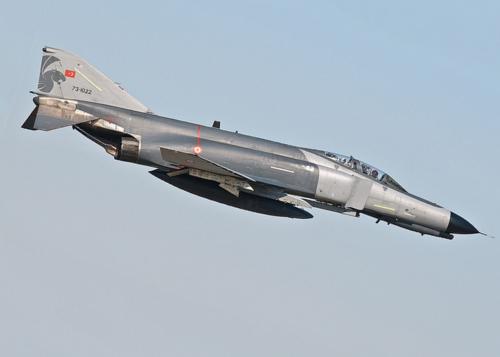Ecuador accuses UK of threat to storm its London embassy to arrest Julian Assange
Ecuador has accused the UK of making a “threat” to enter its embassy in London to arrest WikiLeaks founder Julian Assange.
Julian Assange, 41, took refuge at the Ecuadorian embassy in June to avoid extradition to Sweden, where he faces questioning over assault and rape claims, which he denies.
Ecuador says a decision on his bid for political asylum will come later.
The UK Foreign Office says it can lift the embassy’s diplomatic status to fulfill a “legal obligation” to extradite Julian Assange.
The WikiLeaks website published a mass of leaked diplomatic cables that embarrassed several governments, particularly the US, in 2010, and Julian Assange says he fears that Sweden will pass him on to the American authorities.
A number of police officers are outside the Ecuadorian embassy, in Knightsbridge, where some of Julian Assange’s supporters have also gathered.
Demonstrators also protested outside the British embassy in Ecuador’s capital. Images from Quito showed protesters holding signs saying “We are sovereign, not colonies” and a union jack being stepped on.

Ecuador has accused the UK of making a "threat" to enter its embassy in London to arrest WikiLeaks founder Julian Assange
At a news conference in Quito on Wednesday, Ecuador Foreign Minister Ricardo Patino said a letter from the UK government had been delivered through a British embassy official.
“Today we received from the United Kingdom an express threat, in writing, that they might storm our embassy in London if we don’t hand over Julian Assange,” he said.
“Ecuador rejects in the most emphatic terms the explicit threat of the British official communication.”
Ricardo Patino said such a threat was “improper of a democratic, civilized and rule-abiding country”.
He added: “If the measure announced in the British official communication is enacted, it will be interpreted by Ecuador as an unacceptable, unfriendly and hostile act and as an attempt against our sovereignty. It would force us to respond.
“We are not a British colony.”
A Foreign Office spokesman said the UK remained “determined” to fulfill its obligation to extradite Julian Assange.
“Throughout this process we have drawn the Ecuadorians’ attention to relevant provisions of our law, whether, for example, the extensive human rights safeguards in our extradition procedures, or to the legal status of diplomatic premises in the UK,” the spokesman said.
“We are still committed to reaching a mutually acceptable solution.”
Police have so far been unable to detain Julian Assange for breaching the terms of his bail as he is on diplomatic territory.
The law Britain has informed Ecuador it could use in the case is the Diplomatic and Consular Premises Act 1987.
It allows the UK to revoke the diplomatic status of an embassy on UK soil, which would potentially allow police to enter the building to arrest Julian Assange.
On Monday, Ecuador’s President Rafael Correa said a decision would be made this week after he held a meeting with his advisers.
Ricardo Patino told reporters an announcement on Julian Assange’s bid for political asylum would be issued on Thursday, at 07:00 local time (13:00 BST).
In 2010, two female ex-WikiLeaks volunteers accused Julian Assange, an Australian citizen, of committing sexual offences against them while he was in Stockholm to give a lecture.
Julian Assange claims the sex was consensual and the allegations are politically motivated.
He says he is concerned he may be sent later to the US to face espionage charges.
In June, judges at the UK’s Supreme Court dismissed his final appeal against extradition to Sweden.
An offer by Ecuador to allow Swedish investigators to interview Julian Assange inside the embassy was rejected.
UK letter to Ecuador
Foreign Minister Ricardo Patino said the letter from the UK to Ecuador stated: “You need to be aware that there is a legal base in the UK, the Diplomatic and Consular Premises Act 1987, that would allow us to take actions in order to arrest Mr Assange in the current premises of the embassy.
“We sincerely hope that we do not reach that point, but if you are not capable of resolving this matter of Mr. Assange’s presence in your premises, this is an open option for us.”
It went on: “We need to reiterate that we consider the continued use of the diplomatic premises in this way incompatible with the Vienna Convention and unsustainable and we have made clear the serious implications that this has for our diplomatic relations.”

